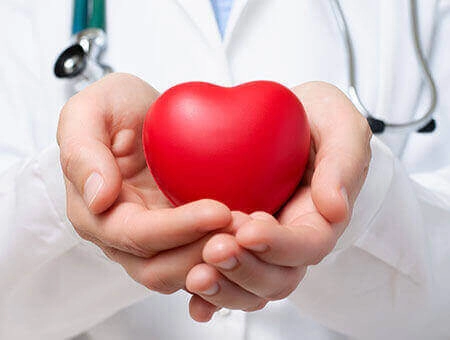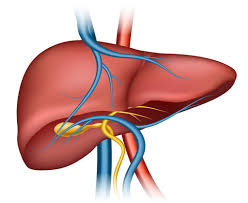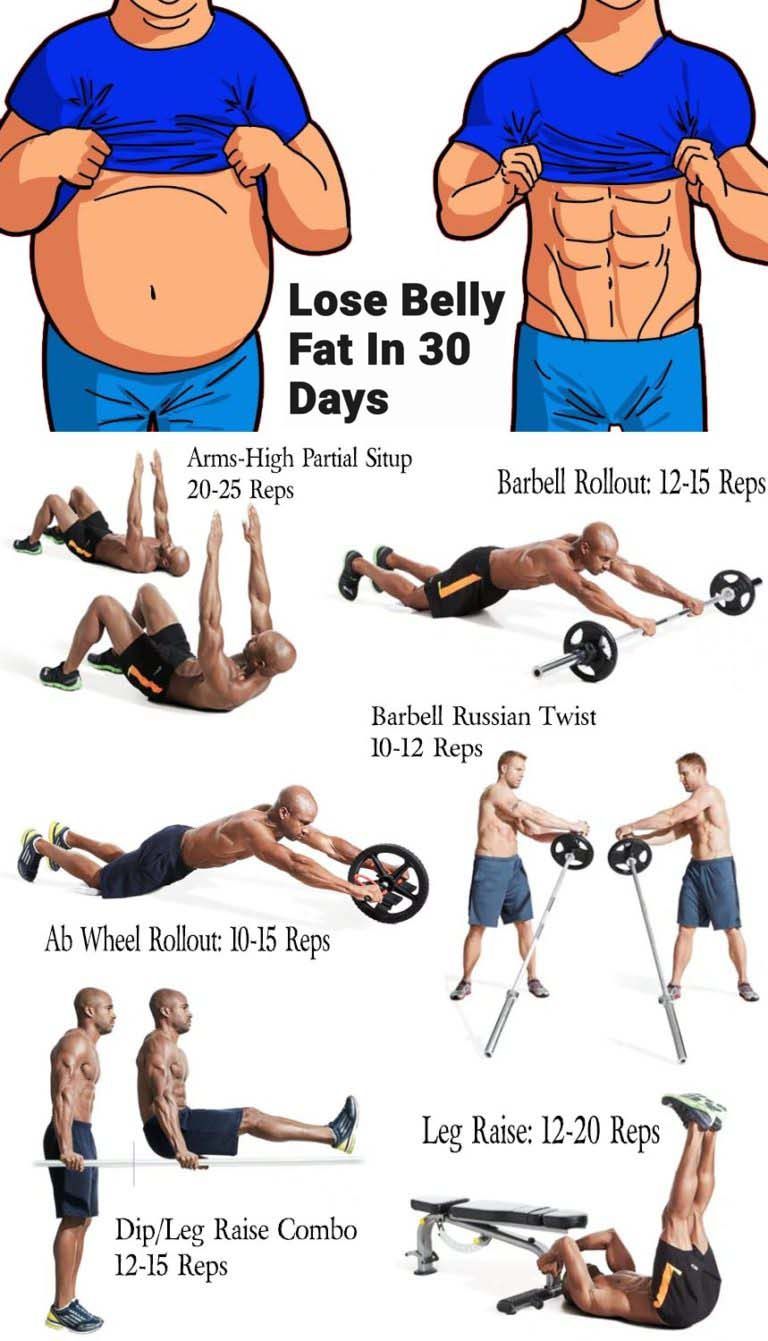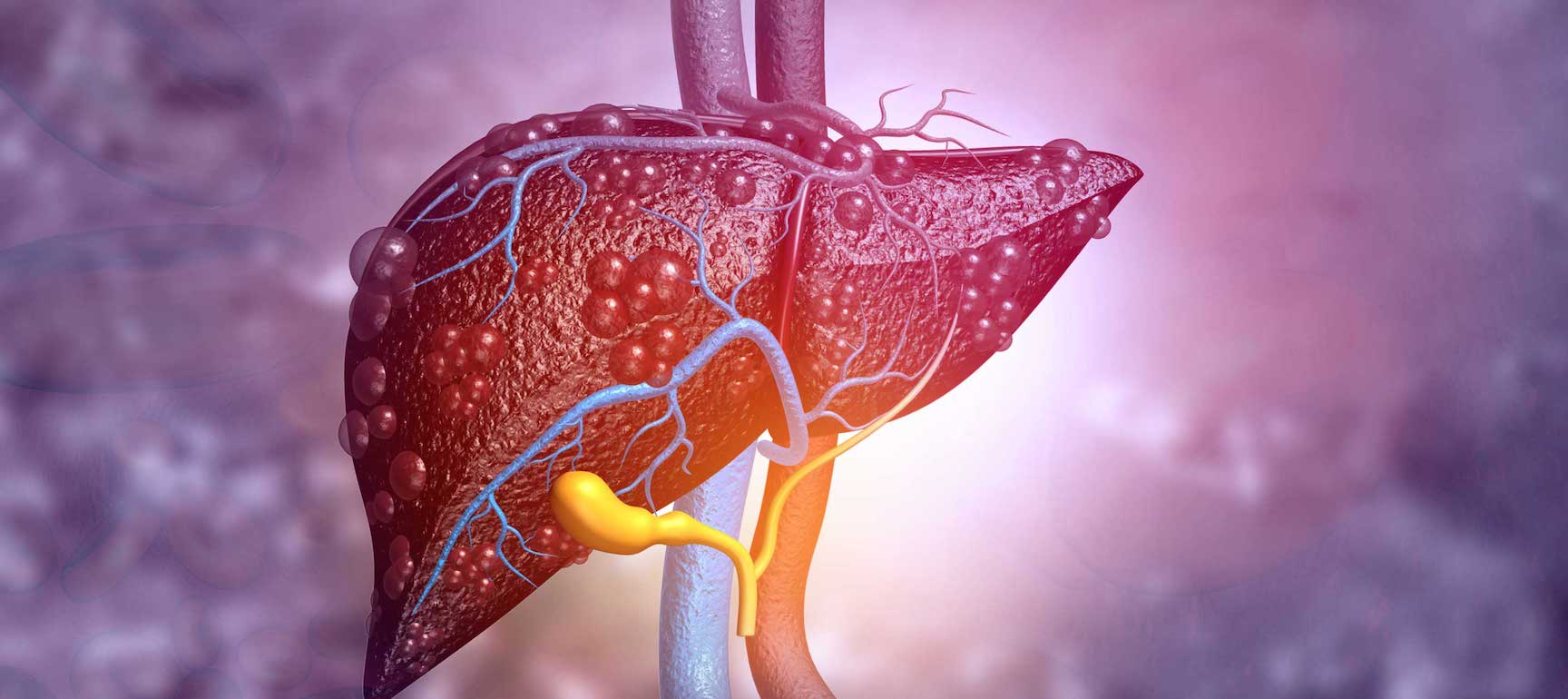Heart Attack Warning Signs: Recognize Early Symptoms & Save Lives
- bypari rathore
- 05 September, 2025

🚨 Warning Signs of a Heart Attack: Symptoms, Causes, and What to Do
Heart disease remains one of the leading causes of death worldwide, and recognizing the warning signs of a heart attack can be life-saving. A heart attack, also called a myocardial infarction, occurs when blood flow to a part of the heart is blocked, usually due to a blood clot in the coronary arteries. Without prompt medical intervention, a heart attack can cause permanent damage to the heart muscle or even death.
Understanding the early symptoms, knowing who is at risk, and acting quickly can dramatically improve survival outcomes.
🫀 Common Warning Signs of a Heart Attack
1. Chest Discomfort or Pain
Chest discomfort is the most recognized sign of a heart attack, but it doesn’t always appear as severe pain. Symptoms may include:
A feeling of pressure, heaviness, tightness, or squeezing in the chest
Pain that lasts for more than a few minutes or comes and goes
Mild discomfort that is often mistaken for indigestion, heartburn, or muscle strain
It’s important to note that even mild chest discomfort can signal a serious heart problem and should never be ignored.
2. Pain in Other Areas of the Body
Heart attack pain can radiate beyond the chest, affecting other regions such as:
Left arm, shoulders, and upper back
Neck, jaw, or throat
Upper abdomen or stomach
Women are more likely than men to experience pain in the jaw, neck, or back rather than classic chest pain. This is one reason heart attacks in women are often misdiagnosed.
3. Shortness of Breath
Shortness of breath, or difficulty breathing, can occur with or without chest discomfort. It may feel like:
Inability to take a deep breath
Feeling winded even at rest
Struggling to breathe after minimal physical activity
Shortness of breath is often a sign that the heart is not pumping blood efficiently, and oxygen supply to the body is reduced.
4. Cold Sweats
Sudden, unexplained sweating, also known as clammy skin, is a warning sign. Symptoms may include:
Cold, sticky skin
Profuse sweating without physical exertion or heat exposure
Cold sweats can accompany other heart attack symptoms and indicate the body is under extreme stress.
5. Nausea, Indigestion, or Vomiting
Gastrointestinal symptoms are common, especially in women and older adults. They may include:
Nausea or upset stomach
Vomiting
A feeling of acid reflux or heartburn
These symptoms can sometimes mask a heart attack, delaying urgent treatment.
6. Lightheadedness, Dizziness, or Fainting
A heart attack can reduce blood flow to the brain, causing:
Feeling faint or dizzy
Sudden weakness or fatigue
Palpitations (irregular or rapid heartbeat)
This can be particularly dangerous if it occurs while driving or operating machinery.
7. Unusual or Extreme Fatigue
Feeling overwhelming tiredness without reason is a subtle but significant warning sign.
Fatigue may appear days or even weeks before a heart attack
More common in women and older adults
Often overlooked as normal stress or aging
8. Anxiety or Feeling of Impending Doom
Some individuals experience a sudden sense of anxiety or fear, often described as a feeling of impending doom.
This can occur without obvious physical symptoms
It’s a psychological warning sign that often accompanies heart strain
⚠️ Who is at Risk?
Certain factors increase the likelihood of a heart attack:
Age: Men over 45 and women over 55
Family history of heart disease
High blood pressure, high cholesterol, or diabetes
Smoking, sedentary lifestyle, and poor diet
Stress and obesity
People with these risk factors should be especially vigilant about early symptoms.
🏥 Immediate Action During a Heart Attack
If you or someone nearby shows these warning signs:
Call emergency services immediately (108 in India, 911 in the U.S.)
Chew an aspirin if not allergic—helps prevent further blood clotting
Sit or lie down and remain calm—avoid physical exertion
Do not drive yourself to the hospital—wait for emergency help
Early medical intervention can save lives and minimize heart damage.
💡 Prevention Tips
While heart attacks can occur suddenly, you can reduce risk with lifestyle changes:
Maintain a healthy diet rich in fruits, vegetables, and whole grains
Engage in regular physical activity
Quit smoking and limit alcohol consumption
Monitor blood pressure, cholesterol, and blood sugar regularly
Manage stress through meditation, yoga, or counseling

Note: Content and images are for informational use only. For any concerns, contact us at info@rajasthaninews.com.
40 के बाद शर्ट से बा...
Related Post
Hot Categories
Recent News
Daily Newsletter
Get all the top stories from Blogs to keep track.











